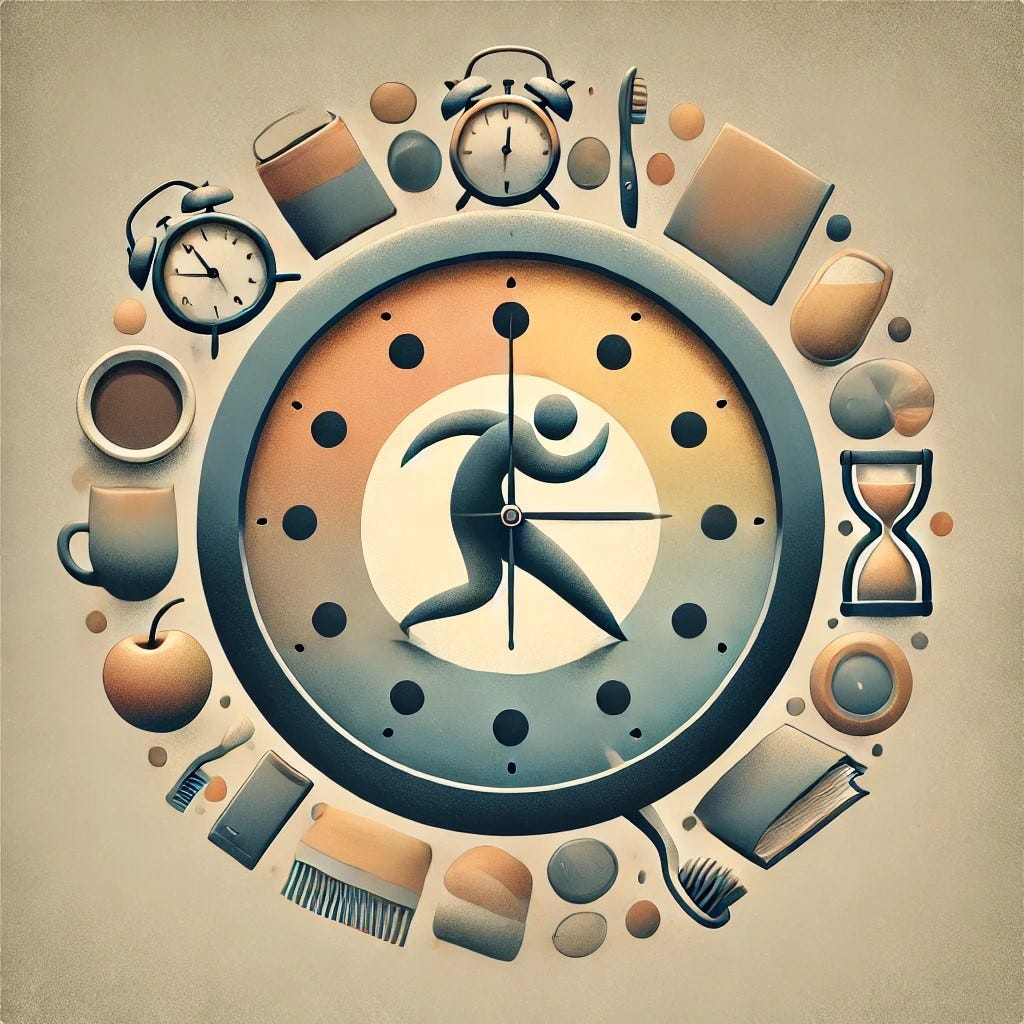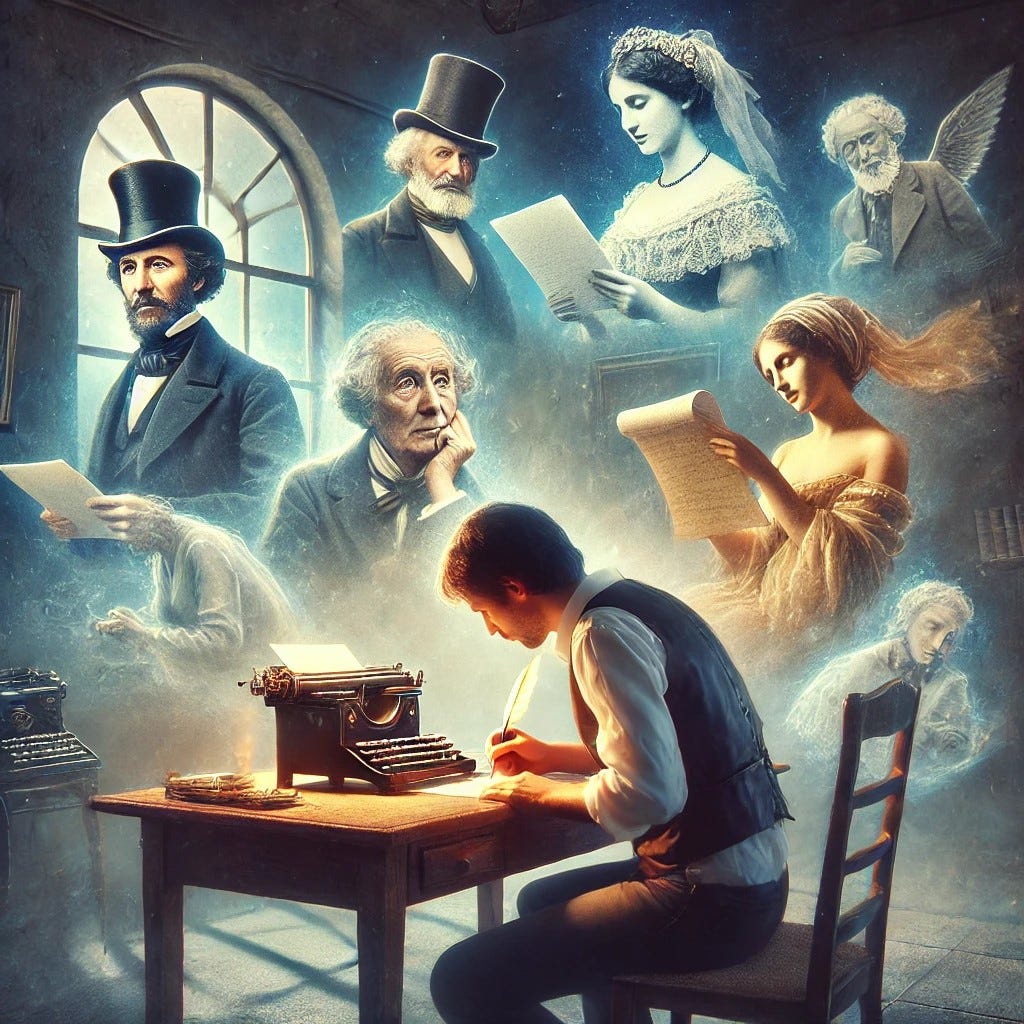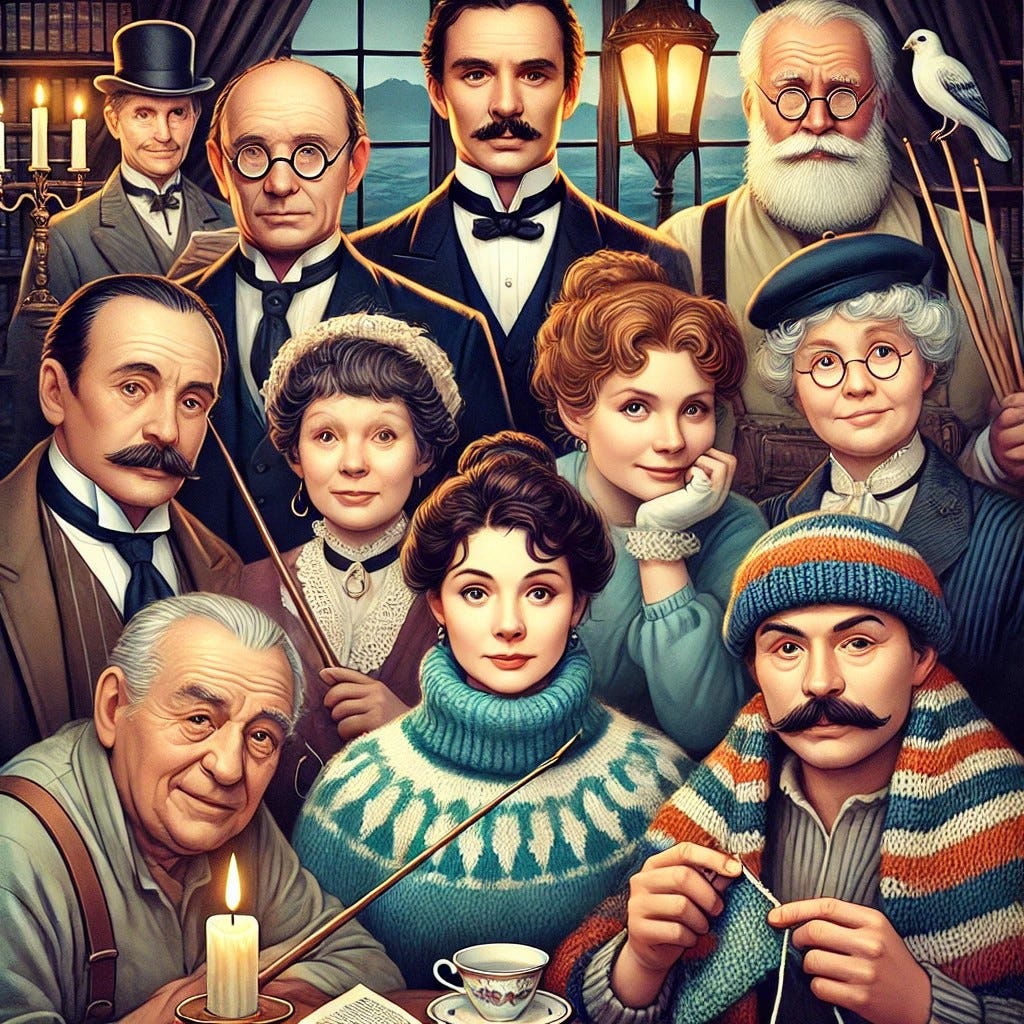As the saying goes New Year, New Me, New Initiatives!
One of mine is to create a writing routine.
Up till now I would write when I felt inspired, when I had time -which is not very often-, when I could not bear the urge anymore and I just had to put pen to paper or fingers to keyboard, better said.
So far so good, I have started carving out dedicated writing time in my days, each day for writing. It seems that if a habit is formed then it becomes a lot easier to accomplish that which you want to accomplish. Write, work out, whatever!
I even saw online some writing group which advised you to write even as little as ten minutes a day. Whatever works as long as you do that which fulfills you!
So, here’s me creating my writing routine, in my carved out time, staring at a blank screen with no idea what to write about. So this is another thing, I seldom get ideas on the spot, and as per Murphy’s laws, I often get them when I am in a situation in which it is impossible for me to write. That is when I jot down ideas in the Notes app on my phone.
That said though I was thinking about writing routines and was wondering what did they do, the big ones, the successful ones, so I did some research and found some really weird and interesting information which I am sharing with you, for your enjoyment, below:
Haruki Murakami
Murakami follows a strict daily schedule. He wakes up at 4 a.m., writes for 5-6 hours, and spends the rest of his day running or swimming. He claims this rigorous routine is like hypnotism and helps him dive into his creative world. I have actually read Murakami’s Novelist As A Vocation and found it so interesting and his take on being a writer is quite empowering.
Victor Hugo
To ensure he wouldn't leave his house and procrastinate, Hugo would lock away all his clothes. He would write naked and only dress again after finishing his work for the day. This method helped him stay focused on finishing Les Misérables. I am a master procrastinator and finding this out about Hugo makes me feel not so out of place. I too have sometimes had to take drastic measures to make sure I stayed focused.
Truman Capote
Capote considered himself a "completely horizontal author." He wrote while lying down—whether on a couch, bed, or chaise lounge—with a coffee in hand. He also insisted on writing only in pencil. I love this with the horizontal author! Writers are so quirky sometimes!
Maya Angelou
Angelou would rent a hotel room to write, ensuring it was devoid of distractions. She’d bring a dictionary, a Bible, a deck of cards, and a bottle of sherry. Her goal was to create a space purely dedicated to writing. Oh yes, distractions, distractions everywhere I totally get it!
Friedrich Schiller
Schiller was said to keep rotting apples in his desk drawer. He claimed the smell of decay inspired his creativity. (His wife reportedly found this habit less charming.) What ever it takes!
James Joyce
Joyce wrote lying on his stomach in bed, wearing a white coat, and using large blue pencils. His eyesight was poor, so he used a magnifying glass and preferred working in a dimly lit room.
John Steinbeck
Steinbeck kept a sharpened pencil ritual: he would sharpen 12 freshly prepared pencils before beginning his day. He claimed the act helped him prepare mentally to write.
I actually think this is really helpful, having some small actions that you associate with writing and that get the brain in writing mode.
Agatha Christie
Christie didn’t have a dedicated desk or workspace. Instead, she wrote wherever she happened to feel comfortable—at the kitchen table, in a bathtub, or even while snacking on apples. Well, that is why she is Agatha Christie!
Charles Dickens
Dickens had a very particular workspace. He needed a desk arranged just so, with specific items like a blue vase, a letter opener shaped like an ivory-handled knife, and fresh flowers. He also took long, precise walks every day to generate ideas. I heard this about the walks from other writers too!
Honoré de Balzac
Balzac was infamous for his caffeine habit. He reportedly drank up to 50 cups of coffee a day to fuel his long writing sessions, often working from midnight to dawn.
Ernest Hemingway
Hemingway preferred writing while standing at a tall desk. He found this posture helped him stay alert and focused. He also stopped writing for the day when he still knew what would happen next, ensuring he could pick up easily the next morning. This is a neat idea! I like it!
Vladimir Nabokov
Nabokov wrote his novels on index cards, arranging and rearranging them as he developed his stories. He often wrote while standing, using a lectern. I knew about the index cards and it helped me understand how he moved chapters around and rearranged the action in his books. I always wrote in a linear fashion and it was mind blowing to find out that you are not restricted to that, you can write how it works best for you.
Interesting no? I am fascinated by writers and how they do it.
Do you have a writing routine? Any tip or trick that makes a big difference, or small, to your writing process helping you be consistent and productive?






Fly dearie, fly! Land in many worlds.
Sometimes, I think very much like you do.
Yes I do.